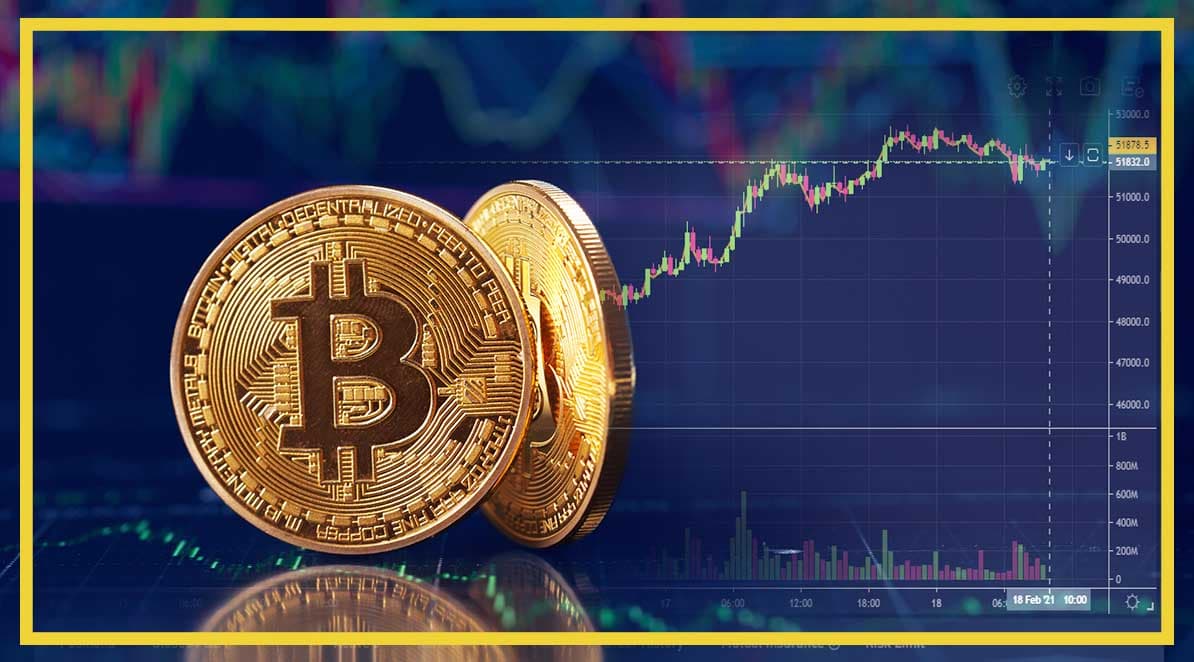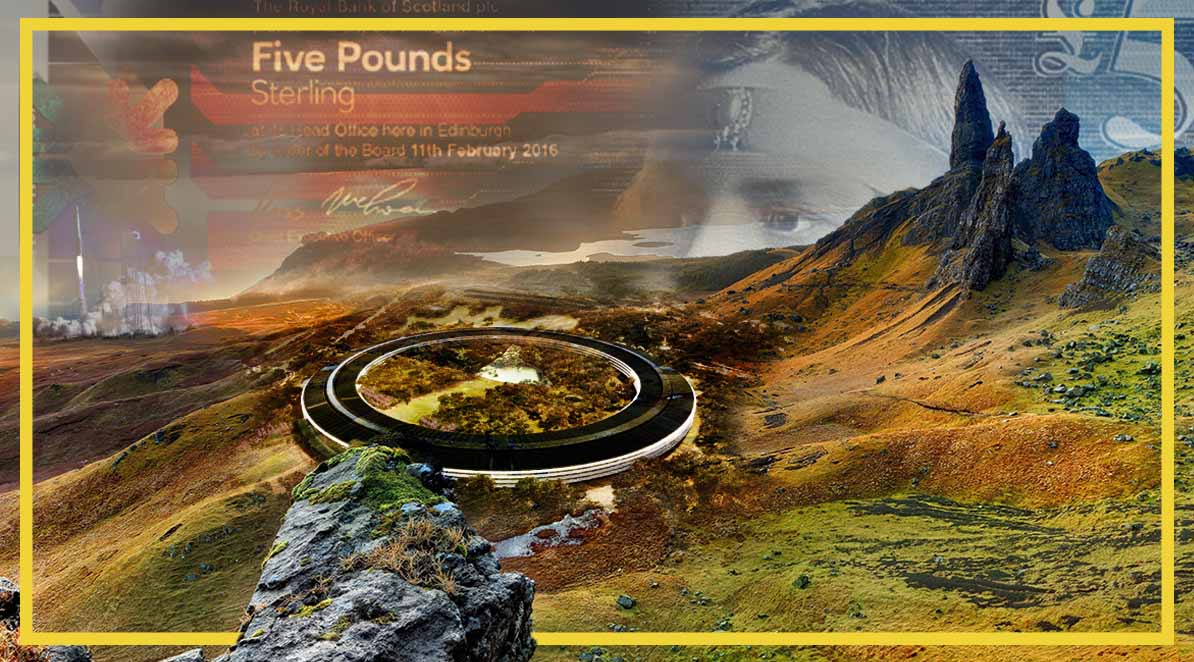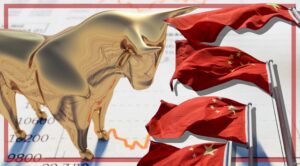When we started covering stories about Credit Suisse here at #DisruptionBanking, there was no real warning signs that the bank would be facing such enormous challenges as 2020 and 2021 brought it. The charismatic Tidjane Thiam led the bank successfully for several years before the first risk management challenges started to appear. The rest is, as they say, history. Or is it?
By 2019 things were already starting to deteriorate, just not as visibly as they did once the pandemic started. A scandal involving Thiam and the bank’s head of wealth management, Iqbal Khan. A story we covered in detail in June 2020. Ended with the eventual resignation of Thiam himself.
A little bit of James Bond with your Caffe Latte this morning? Join #disruptionbanking for the original story of intrigue and Coffee from the Swiss Alps to Wall Street: #LuckinCoffee #UBS #CreditSuisse #Money2020 @muddywatersre https://t.co/qgBFIFXOox
— Digital Startup (@digitalstartup5) June 25, 2020
Shortly after ‘Thiamgate’, the Swiss bank was caught out by the Chinese version of Starbucks. The bank helped the company whose value dropped from $12 billion to under $1 billion after going public. Credit Suisse and Morgan Stanley had advised on the IPO. And, the lack of thorough analysis of the Chinese startup by the Swiss bank in 2019 already raised concerns about their risk management processes. Luckin’ Coffee, the company in question, was later accused of ‘cooking the books’. Unfortunately, things didn’t improve into 2021.
Credit Suisse’s involvement in Greensill Capital
A few days into March 2021 and one of the Swiss banks biggest ‘gambles’ started to unravel.
It is being reported this morning that the head of Asset Management at Credit Suisse has been ousted, and bonuses are being stopped at the Bank. The plot continues to thicken, here is a recap:#greensill #creditsuisse #disruptionbanking https://t.co/5IPy1lPsPS
— #DisruptionBanking (@DisruptionBank) March 18, 2021
The biggest concern surrounding the Greensill case were the huge amounts of clients’ money that the Swiss bank had used. $6.7 billion has been paid back by the end of 2021. Reports suggest that the bank owes over $10 billion.
Credit Suisse has not been able to publish findings of a report into the Greensill matter, at this time, as the bank is still attempting to recover investors’ money. A report or post-mortem could have legal ramifications. It would also raise the question of how much there must be to report and how complicated it must be, to report. With multiple jurisdictions, multiple regulators and other stakeholders across the world involved in the matter. It may still be some time before we find out the whole story.
However, before things had a chance to improve, the Swiss bank hit the headlines a second time in short succession.
Credit Suisse’s involvement with Archegos
Before the end of March, a further scandal surfaced involving the Swiss bank. Again, like in the case of Luckin’ Coffee, involving investments linked to China through Bill Hwang’s Archegos. Fortunately, the sums involved were more modest than in the Greensill case, but the further knock to Credit Suisse’s reputation made things very hard for senior leadership within the bank to ignore.
Did you miss the biggest story to hit Capital Markets since Wirecard?
— Digital Startup (@digitalstartup5) March 29, 2021
Find out why #Archegos is causing so much Disruption.
What does Goldman Sachs think?#disruptionbanking #margincall https://t.co/119tFTabx9
The story also further dented the bank’s share price which had already seen a small drop following on from Greensill. Shares of the bank at the commencement of March 2021 were trading at $14.68. But, by the end of the month the share price had disintegrated to $10.60. It doesn’t stand much higher right now either.
Credit Suisse’s vision for the future
Initially, it very much looked like the Swiss bank’s new Chairman would be a long-standing part of the future of the bank. Especially with not only global change but local change taking place within Switzerland. And the need for stability.
When he joined in May 2021, Antonio Horta-Osorio, Credit Suisse’s new Chairman, went out and acquired $1.2 million worth of shares in the group. Showing just how serious he was about the job.
Following on from the high-profile appointment, last November, Credit Suisse announced, “its Group strategy with a clear focus on strengthening, simplifying and investing for growth”. The Board of Directors prepared a “well-defined three-year plan,” which was to place “risk management and a culture that reinforces the importance of accountability and responsibility at its core.”
At the time, Horta-Osorio himself shared how “risk management will be at the core of our actions, helping to foster a culture of accountability and responsibility.”
The announcement also included updates on how the bank was working on “reinforced leadership with key, experienced appointments both at the Board of Directors and the Executive Board.” How it was “completing a full-scale risk review across the entire bank.” And, finally, the bank “published detail findings of the Archegos Report.” Everything that one could expect from a bank in the circumstances that Credit Suisse found themselves in.
But, of all their struggles, the Greensill case still hasn’t been fully closed:
Credit Suisse Group has fired the managers involved in running a $10 billion fund strategy that invested in assets sourced by the now-defunct Greensill Capital https://t.co/7Naw9VJ1T8
— Bloomberg (@business) December 22, 2021
Simone Meier, a spokeswoman for the bank, said in an emailed statement, that: “Based on preliminary findings of the investigation which have been shared with regulators, Credit Suisse has taken action with regards to various individuals. These actions include termination of employment and severe monetary penalties via compensation adjustments. External investigations are still ongoing.”
Credit Suisse did indeed publish a detailed report of an independent external investigation into Archegos as early as July last year. The report about Greensill, however, has already been delayed several times.
The changing landscape of Swiss banking
A few years ago, one may recall the HSBC #SwissLeaks story that broke through a whistleblower.
HSBC leaks: Spain holds Swiss bank whistleblower Falciani https://t.co/NaryREqEOR
— BBC News (World) (@BBCWorld) April 5, 2018
A story that forced a dramatic change in the way that individual customers and institutional investors looked at the Swiss banking system. Gone were the days of moving assets to Switzerland by the world’s wealthiest. With the growing number of whistleblowers, on top of Edward Snowden and Julian Assange, the scandals involved in explaining assets held in Switzerland became too much for many to want to explain.
Brian Byrne of Assembler Growth Capital has pointed out further concerns surrounding the perception of Switzerland and Swiss banks by investors. Byrne suggests that the drain of wealth divesting from Swiss franc related investments to other investments outside the country is one of the biggest problems. He highlights a whole host of other concerns too. But, most interestingly, the topic of Credit Suisse being sold is also raised by Byrne.
BNP Paribas, JP Morgan, UBS, and even some of the large Chinese banks all have the budget to acquire the Swiss lender. But the way the Chairman has departed has surely left many commentators and potential suitors scratching their heads. Especially as rumours continue to abound about how the Epstein case allegedly had something to do with the CEO of Barclays resigning. Staley of Barclays and Horta-Osorio have both left under less than usual circumstances. Both of them had important leadership roles in UK Banking till recently.
While being involved with Epstein might be hard to explain, going to a tennis match at Wimbledon whilst trying to transform a global bank without quarantining seems a little hard to accept as a reason for resigning.
It is of particular interest that the Chairman of the Swiss bank departed during the review of the Greensill case. Coincidentally, his resignation occurs at the same time as Ghislaine Maxwell is being dragged through the U.S. court system. However, compared to Boris Johnson, Horta-Osorio certainly isn’t that bad. Let alone compared to some of the former divisional heads at the Swiss bank.
Author: Andy Samu
#SwissLeaks #CreditSuisse #LuckinCoffee #Greensill #Archegos #GlobalBanking















